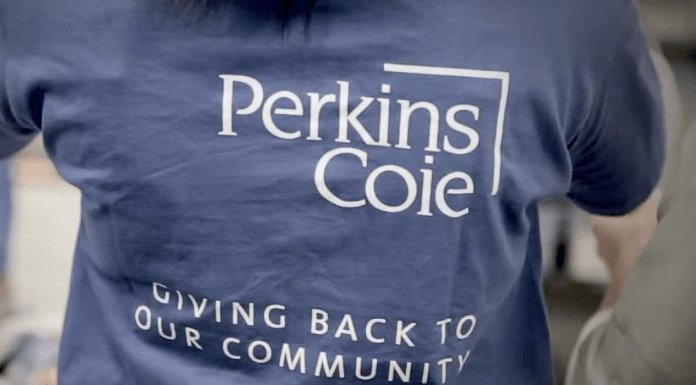(Robert Jonathan, Headline USA) The conservative activist who successfully challenged race-based college admission preferences all the way to the U.S. Supreme Court is taking the legal fight to what is generically known as Big Law.
Edward Blum is the founder and president of Students for Fair Admissions, the winning plaintiff in the landmark cases that, in June, ended decades of affirmative action policies at Harvard University and the University of North Carolina (and by extension, the entirety of academia) ruling that they violated the Equal Protection Clause of the 14th Amendment.
In separate federal filings, Blum’s companion nonprofit organization, the American Alliance for Equal Rights, is now suing two international law firms, Perkins Coie and Morrison & Foerster, in Dallas and Miami federal court, respectively.
Many will recognize Perkins Coie as the notorious law firm representing high-powered left-wing clients including the Democratic National Committee and the Hillary Clinton campaign, which played an active role, via its former lead election lawyer, Marc Elias, in pushing the Russia-collusion hoax and the Steele dossier.
The prosecution of attorney Michael Sussmann by former special counsel John Durham brought publicly to light that the FBI had long maintained its own private office within the Perkins Coie headquarters in Washington, D.C.
Both prestigious firms allegedly sponsor internal fellowships that are racially exclusionary and, as such, purportedly violate Section 1981 of the Civil Rights Act of 1866, which prohibits discrimination in private contracts.
“The federal lawsuits accused both law firms of unlawfully discriminating against white candidates by limiting which law students could be considered for paid fellowships designed in part to help support the recruitment of people of color,” according to Reuters.
In the Dallas lawsuit, AAFER argued that “[t]he law abhors racial discrimination” and that [t]he lawyers who help administer that law are supposed to abhor it too … Yet Perkins Coie has been racially discriminating against future lawyers for decades.”
Very similar language appeared in the Miami filing as it related to the Morrison & Foerster allegations.
The complaint also insisted that “This kind of rank discrimination was never lawful, even before SFFA v. Harvard held that colleges cannot use race in admissions.”
In a statement, Blum asserted that “Excluding students from these esteemed fellowships because they are the wrong race is unfair, polarizing and illegal. Law firms that have racially-exclusive programs should immediately make them available to all applicants, regardless of their race.”
He added that “Race and ethnicity are attributes, not accomplishments. It is the hope of this organization, as well as most Americans, that these law firms end these racial restrictions and open these fellowships to all qualified applicants.”
Perkins Coie touts its commitment to diversity, equity and inclusion on its website, as well as promoting environmental, social and governance strategies.
Morrison & Foerster appears to embrace a similar commitment and also provides an ESG resource center on its website.
Ironically perhaps, many law firms have advised their corporate clients to carefully review their DEI programs in the aftermath of the Supreme Court affirmative action ruling, even given though it is technically inapplicable to big business.
Given the industry’s almost unlimited resources, cases against Big Law could be tied up in the courts for years before a final resolution, assuming a settlement doesn’t occur along the way.
In the meantime, the AAFER lawsuit seeks a judgment that includes a court order preventing the two high-profile law firms from considering race as a factor in fellowship eligibility and instead requires race-neutral protocols.

